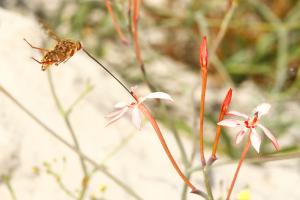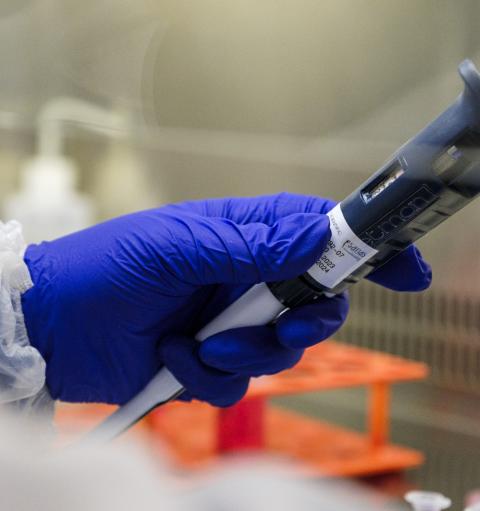Botany and Zoology

Why study Botany and Zoology?
The Department of Botany and Zoology is a leader in the field of biology and ecology, with a specific focus on the unique opportunities offered by Africa’s biodiversity. Our academics are world-recognised leaders in their fields, ranging across microbiology, plant sciences, marine science, molecular ecology, evolutionary biology and global change.
Our programs are designed to deepen our understanding of Africa’s incredible marine and terrestrial ecosystems, preserve them and promote sustainable development. By working together, we aim to investigate and tackle significant challenges, such as managing invasive species, informing conservation and management programmes, and supporting community-based biodiversity initiatives.
“We aim to advance the understanding of biodiversity, ecology, and evolution through innovative research and teaching. By exploring the complex interactions between organisms and their environments, we contribute to sustainable solutions for global and local environmental challenges.”
Our Programmes
The BSc in Biodiversity and Ecology offers training in Ecology, Biodiversity, Climate and Global Change, and Microbiology. It focuses on the diversity, origin and function of organisms in relation to their environment and provides a conceptual understanding of ecology, evolution, animal and plant forms and functions, biological changes on a global scale (climate change, invasive species, pollution and anthropogenic impacts), and remediation practices and application. Both terrestrial and marine concepts are covered
Students have a choice between three focal areas, all leading to a BSc Hons in Biodiversity and Ecology, followed by an MSc and PhD in Botany or Zoology:
- Climate Change Ecology
- Plant and Animal Biodiversity
- Plants and Microbes
BSc Biodiversity and Ecology (Focal area: Climate Change Ecology)
BSc Biodiversity and Ecology (Focal area: Plant and Animal Biodiversity)
BSc Biodiversity and Ecology (Focal Area: Plants and Microbes)
Our postgraduate programmes
BSc Hons in Biodiversity and Ecology
MSc in Botany or Zoology
PhD in Botany or Zoology
Upcoming Events
Attend our events for the opportunity to discover, grow, learn and engage with our community.

